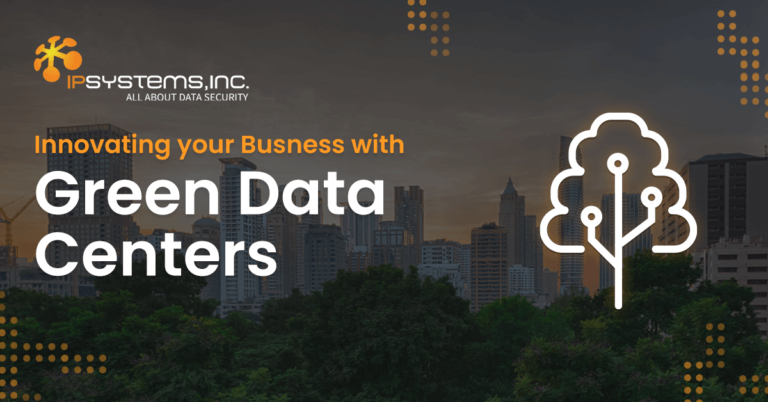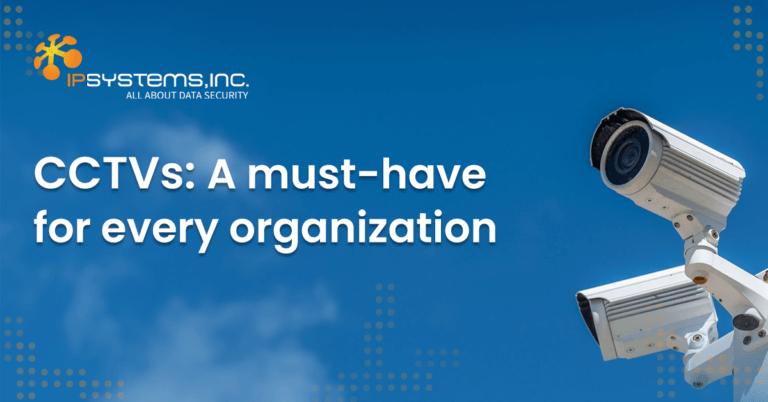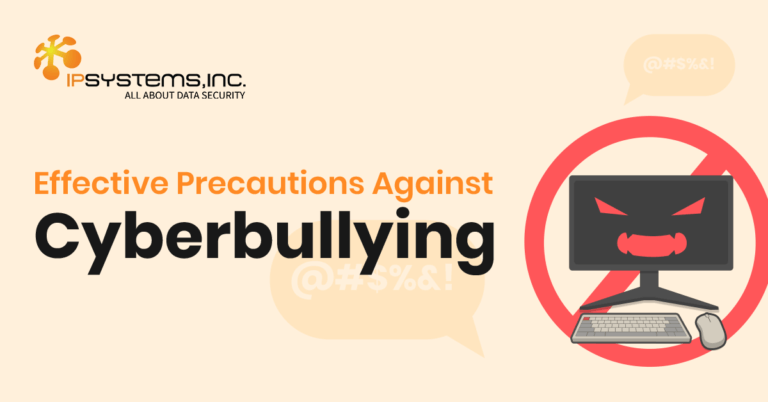
Innovating your Business with Green Data Centers
Blog: Innovating your Business with Green Data Centers Data centers are centralized facilities equipped with essential hardware like servers, storage devices, and networking equipment.

As expected, company and customer data are as sensitive as they are valuable. One of the major cybersecurity challenges is data security. It is essential that data retains its integrity throughout its lifecycle. Therefore, data security focuses on the comprehensive process of keeping data secure from unauthorized access and data corruption.
Data security comprises of data encryption, hashing, key management practices, and tokenization. All these are a concerted effort to protect data across all applications and platforms.
Data Security involves the engagement of specific controls, procedures, and standard policies to preserve data from significant issues such as:
It consists of all aspects of information security. Administrative and access controls, the logical security of applications, and the physical security of storage devices and other hardware are essential components of data security. Others include organizational procedures and policies.
Data security deploys tools and technologies that clarifies where critical data lives and its use cases. It is advisable that these tools employ protections such as data masking, encryption, and redaction of sensitive files. They should also streamline audits by automating reporting and maintaining strict regulatory controls.
There are core elements of data security, namely: confidentiality, integrity, and availability. They are collectively called the “CIA triad.”
The CIA triad is a security model and guide for organizations to preserve their sensitive data in the event of unauthorized access and data exfiltration. Let’s briefly look at each leg of the tripod.
Is your data only accessible by authorized individuals?
Is your information reliable and accurate?
Is your data available and accessible to meet the needs of your business?
There are many benefits of implementing a robust data security program, after all data is the common commodity among businesses today irrespective of size.
Data security aims to protect the data that an organization collects, creates, receives, stores, or transmits.
Properly implementing robust data security strategies help protect your institution’s information assets against cybercriminal activities. But that’s only half the story – they are a reliable shield against human error and insider threats. These are the primary culprits in modern data breaches.
It is no longer news that digital transformation is rapidly influencing business operations and competition. Companies are generating, manipulating, and storing unprecedented volumes of data. It means there is an urgent need for data governance.
Computers are more powerful than before, and IT infrastructure now includes everything from the cloud, enterprise data center, and an ever-growing number of devices including remote servers and Internet of Things (IoT) sensors. The inevitable complexity only provides a larger possibility for attack than one could effectively monitor and secure.
Data security aims to protect the data that an organization collects, creates, receives, stores, or transmits.
One of the hallmarks of faulty data management is allowing open access across your company tosensitive files. However, data security software can help to mitigate this by continuous classification of sensitive data and migration of such data to a secure location.
Overpermissioning is the big challenge of rights management within an organization. Each temporary project or rights assigned on the network quickly spirals into an incomprehensible mix of interdependencies. Users will now have more access to more data on the network than they actually need.
Data security software can limit a specific user’s damage by profiling their behavior and automatically activating permissions to match that behavior.
Data privacy is a key aspect of cybersecurity and IT infrastructure security. It addresses the rights of individuals and the appropriate handling of data within your purview.
A solid data security strategy is non-negotiable for the modern enterprise. It protects your most vulnerable data while empowering employees to maximize productivity. It is important to get the necessary expertise to keep your business closed to nefarious activities.
Cybercriminals today use incredible sophisticated and convincing methods to fool those who are not aware of their schemes and attack vulnerable systems. But by staying educated and up to date about the latest cyber attack trends, you can keep your employees and business safe.



Blog: Innovating your Business with Green Data Centers Data centers are centralized facilities equipped with essential hardware like servers, storage devices, and networking equipment.

Blog: CCTVs: A must-have for every organization Nearly every business and organization, regardless of size, has already implemented CCTV Services within their premises because

Blog: Combating Bullying in Digital Classrooms: Empowering Students for a Safer Learning Environment Bullying is a pervasive issue that inflicts emotional, psychological, and physical